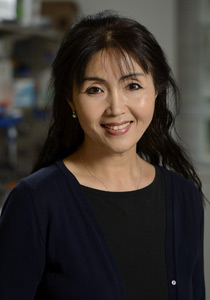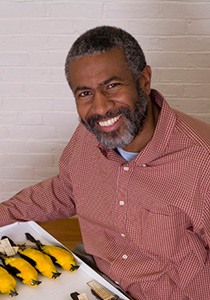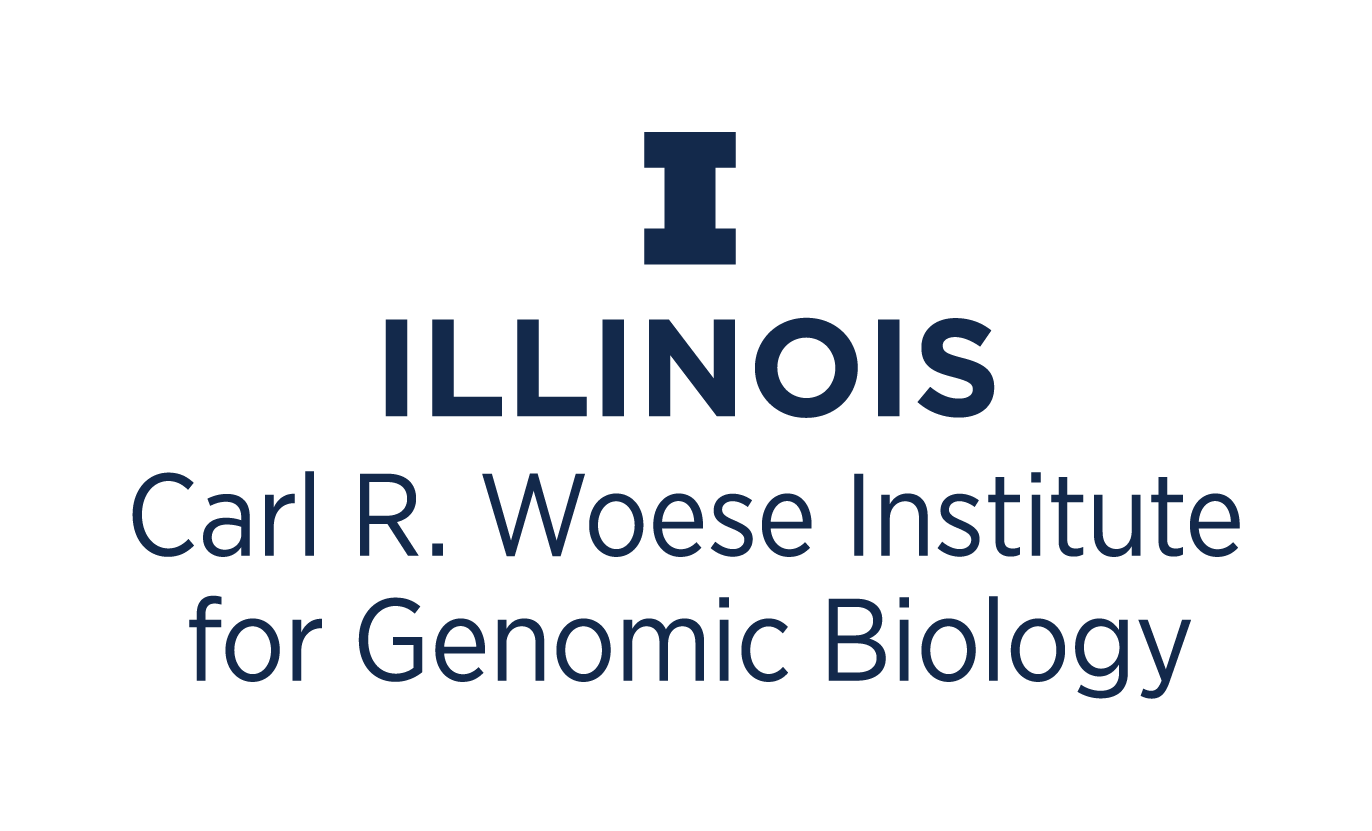Learn about IGB research, hear about current issues in the life sciences, and connect with other students on campus at the annual Fellows Symposium. This full-day event, sponsored by the Carl R. Woese Institute for Genomic Biology, is also your chance to share your research at the popular Poster Session and reception.
Register here to attend the IGB Fellows Symposium. Resigtration will close on April 28. For inclusion in the program posters must be submitted by April 27.
Featuring a talk from special guests

Sua Myong
Associate Professor
Department of Biophysics
Johns Hopkins University
"Molecular Mechanism Underlying RNP Granule Assembly in Neurodegeneration"
Sua Myong is an associate professor in the Department of Biophysics at Johns Hopkins University. Her research focuses on quantitative analysis of gene expression in single molecule and single cell. Her research interests involve developing and applying single molecule and single cell approaches to acquire quantitative understanding of biology and to find ways to improve human medicine. Single molecule platform offers an exquisite capability to detect molecular interactions and dynamics in real time. They devise sequential experimental stations that measures reactions at the molecular, biophysical and cellular levels. The Myong laboratory consist of scientists trained in molecular biology, physics, physical chemistry, bioengineering and chemical engineering, which is an ideal team setting for carrying out a highly interdisciplinary research.
 Scott Edwards
Scott Edwards
Professor of Organismic and Evolutionary Biology
Harvard University
"Convergent Regulatory Evolution and the Origin of Flightlessness in Palaeognathous Birds"
Scott Edwards is Alexander Agassiz Professor of Zoology and Curator of Ornithology in the Museum of Comparative Zoology at Harvard University. He came to Harvard in December 2003 after serving as a faculty for 9 years in the Zoology Department and the Burke Museum at the University of Washington, Seattle. His research focuses on diverse aspects of avian biology, including evolutionary history and biogeography, disease ecology, population genetics and comparative genomics. He has conducted fieldwork in phylogeography in Australia since 1987 and conducted some of the first phylogeographic analyses based on DNA sequencing. He did a postdoctoral fellowship in immunogenetics at the University of Florida and gained experience with studying the major histocompatibility complex (MHC) of birds, an important gene complex for interactions of birds and infectious diseases, pathogens and mate choice. An important system for studying these issues is the ongoing epizootic involving House Finches (Haemorhous mexicanus) and the bacterial pathogen Mycoplasma gallisepticum. His work on the MHC led him to study the large-scale structure of the avian genome and informed his current interest in using comparative genomics to study the genetic basis of phenotypic innovation in birds. In the last 10 years Dr. Edwards has helped develop novel methods for estimating phylogenetic trees from multilocus DNA sequence data. His recent work uses comparative genomics in diverse contexts to study macroevolutionary patterns in birds, including the origin of feathers and the evolution of flightlessness.
Registration is free and lunch is provided. For full details and to register to atttend and submit a poster, visit http://conferences.igb.illinois.edu/fellows/.
By:
Photos By:

